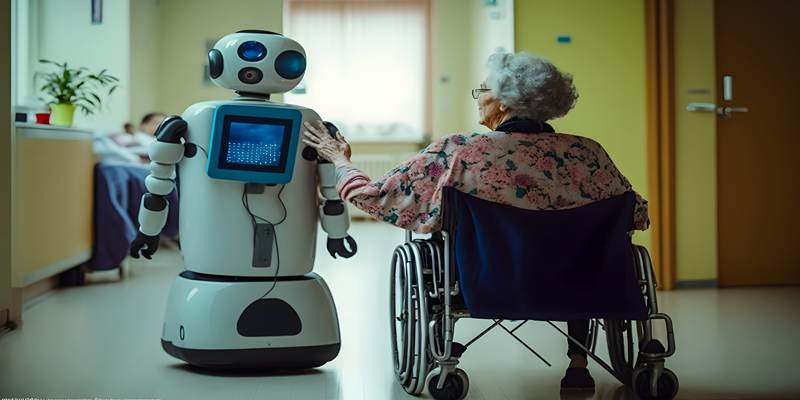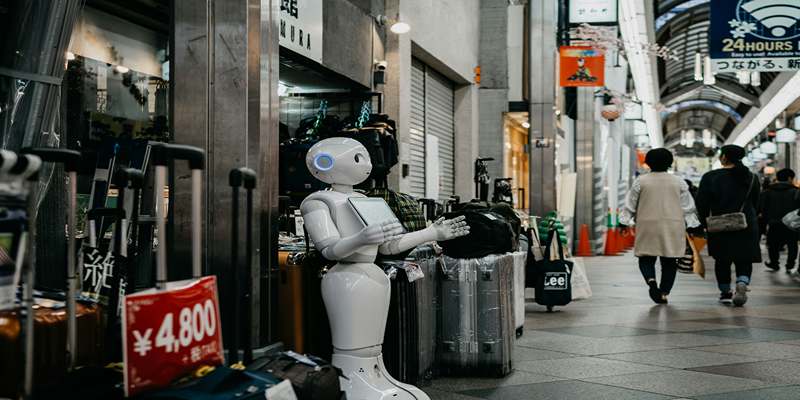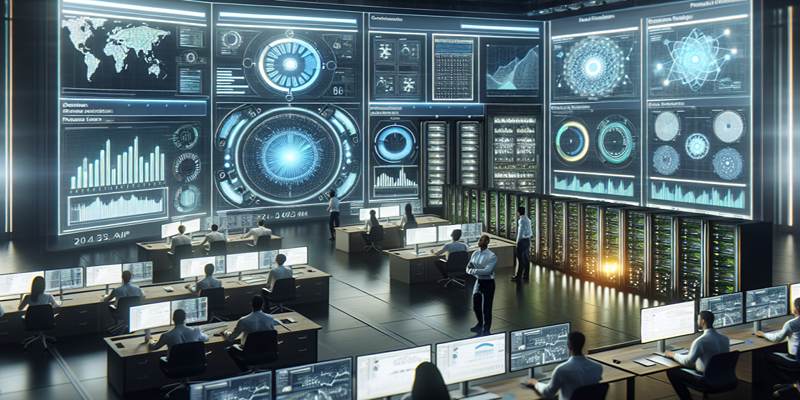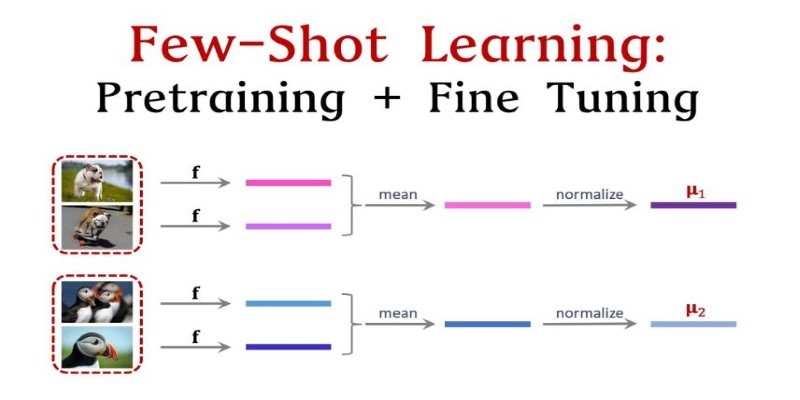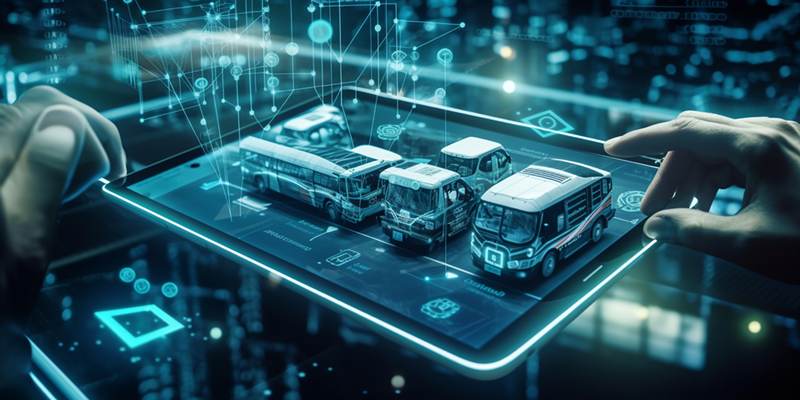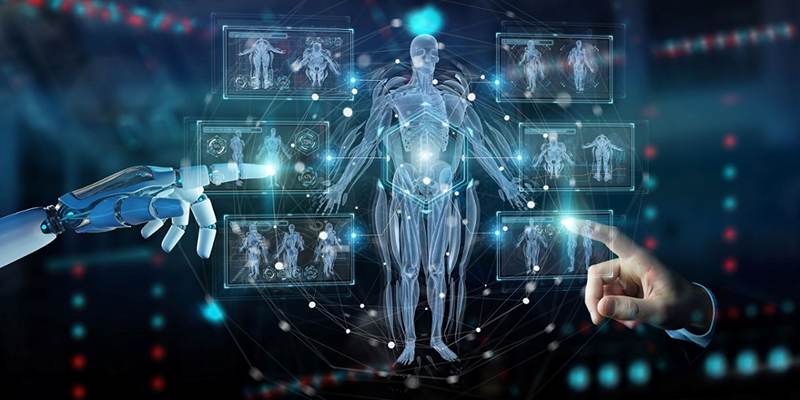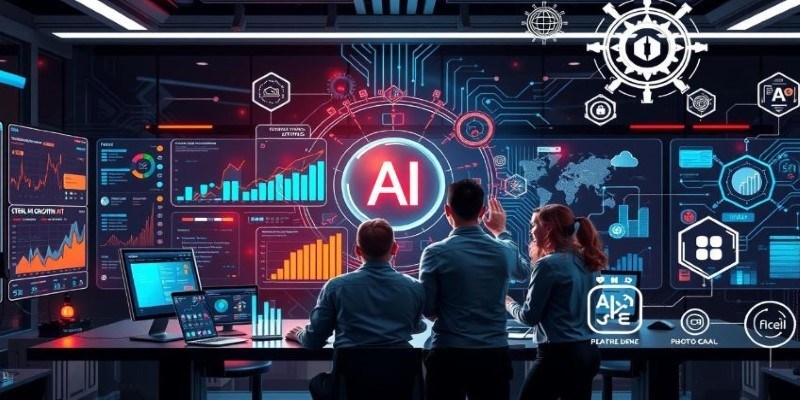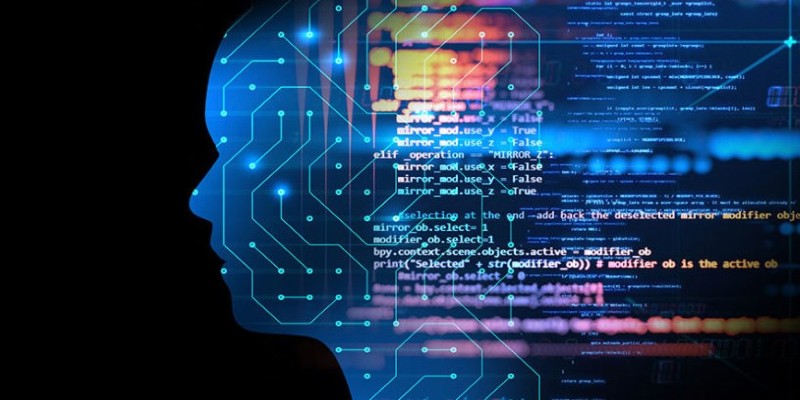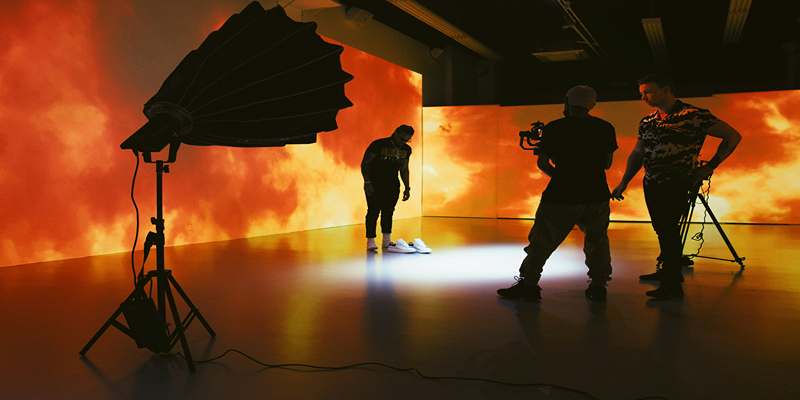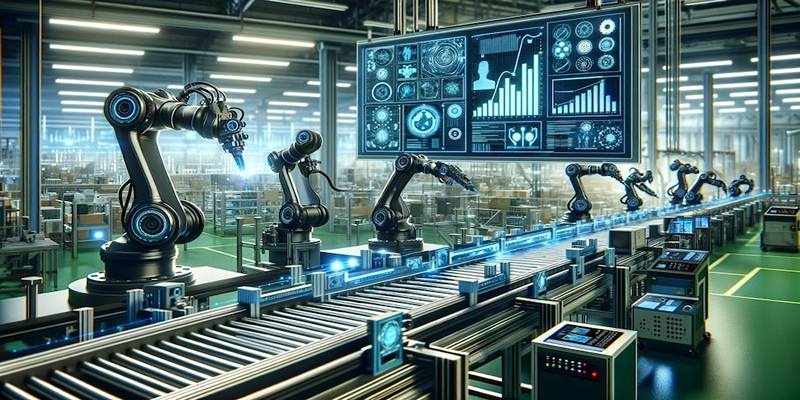AI is quickly becoming a central part of software development, which has caused the automation of coding, testing, and maintenance of software in the tech industry. Modern technologies help developers produce code, debug, and enhance its performance using artificial intelligence, thus automating the main work of a developer. This shift brings some concerns in the way of automation of tech jobs since the AI takes over some tasks that were previously executed by engineers. Although there will be less demand for routine workers, there is increasing demand for developers who know how to supervise and integrate AI. It is important for the professional and organization to understand these changes in the AI coding to be able to use this technology in the right way to improve their businesses and at the same time ensuring that the market of employment is not distorted.

AI in Software Development: Transforming the Industry
Automating Coding Tasks and Software Engineering
Automation is a significant feature in the process of writing software since AI tools are now a reality that can do half the work of a programmer. The major current systems are GitHub Copilot and OpenAI’s Codex, which complete code, offer improvements, and identify mistakes on the fly. These tools actually help in reducing the time taken to develop a project and also reduce human errors. Nevertheless, AI can never replace human engineers because creative and critical thinking is crucial when it comes to designing software. They are also now able to dedicate more of their energies towards higher-level problem-solving, and the AI takes care of the coding.
AI and Software Testing: Faster and More Accurate Results
Manual testing of software has been known to involve a considerable amount of time to detect various bugs and security threats. Selenium and Test.ai are some examples of tools that perform this task by analyzing the code more accurately as well as processing huge amounts of it. They do not only help speed up the testing process but also enhance the quality of the tested software. Thanks to AI, corporations minimize the time and efforts spent on debugging and increase applicatives’ reliability. While this increases efficiency, it reallocates work roles by changing the tester’s duties to gaining AI skills to monitor and tweak AI-driven testing procedures.
Machine Learning in Software Optimization
Machine learning helps in the optimization of software by making predictions on the behavior of the system and then self-adjusting as necessary. Big data and related analytics tools assist the developers in analyzing the performance and looking for areas of inefficiency to be enhanced. It also includes self-diagnosing software that corrects errors with software without the help of the user. Due to this innovation, the chances of incurring expenses on frequent maintenance are minimized while at the same time extending the convenience of the product to the users. But the idea of optimization with AI means that a human being has to supervise the process in order to adhere to the ethical rules and achieve the right results. This paper explores the roles that developers need to embrace to ensure that AI-based solutions work and emphasizes the need for human-AI teamwork in software development.
Tech Job Automation: Changing Employment Trends
The Rise of AI-Assisted Software Engineers
Contrary to the belief that AI threatens to take over the jobs of human coders, it works as an intelligent tool that helps in increasing efficiency. Some of the applications of artificial intelligence for engineers are to assist in writing clean code, use AI to recommend the best practices, and also, in case of any errors, provide instant debugging. This frees the developers to deal with other core issues that need their attention instead of having to deal with the routine work. Although the introduction of AI decreases the demand for junior-level programmers who used to do such jobs, the demand for engineers with knowledge in artificial intelligence is on the rise. The developers who are willing to learn how to work side by side with AI will be able to sustain their employment in the future.
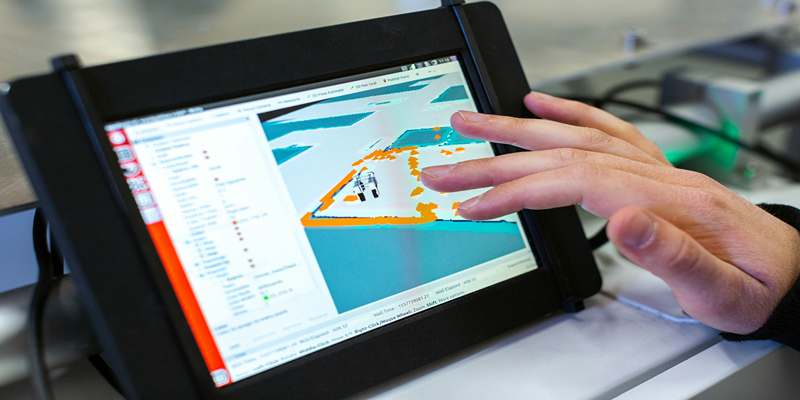
Job Displacement vs. Job Creation in the Tech Sector
Nowadays, the process of automating tech jobs has become a trend, and there are fears that this will reduce the number of employees, such as entry-level developers and testers. But despite the fact that some positions are becoming roboticized, some new jobs are opening up in the fields of AI oversight, algorithm creation, and prompt generation. Businesses require employees with the skills to build and teach AI models, monitor the usage of AI and AI systems, and implement them in an organization. This post offers some tips and guidelines on how one can stand firm in his or her career, and these include the following: acquisition of new knowledge as well as the ability to change.
The Importance of AI Literacy for Future Developers
Currently, to be a software engineer, knowledge of machine learning and neural networks, as well as other AI tools, is crucial. Many organizations are now embracing the development of training programs for employees for the integration of AI. The AI education will put the developers in a better place to work with the AI technologies as opposed to competing with them.
AI Coding Impact: Ethical and Practical Considerations
Despite this, AI-generated code is not perfect, as it is composed of training data that may contain some form of logical or security flaws. The problem of bias in the learning process is that it results in unfair decision-making in areas such as lending, diagnosing diseases, or employment. Developers need to review and inspect AI-conducted code in order to assess its correctness and compliance with ethical standards. As AI enhances productivity and effectiveness in various processes, supervision by humans is still necessary to avoid negative side effects.
Conclusion
AI is revolutionizing software development, from automating coding tasks to optimizing software performance. While tech job automation raises concerns about job displacement, it also creates opportunities for developers with AI expertise. By embracing AI coding impact, software engineers can enhance their skills and adapt to new roles in AI integration and oversight. The future of the tech industry lies in human-AI collaboration, where AI handles routine tasks while developers drive creativity and innovation. Professionals who stay ahead of AI advancements will thrive in the evolving software development landscape.
